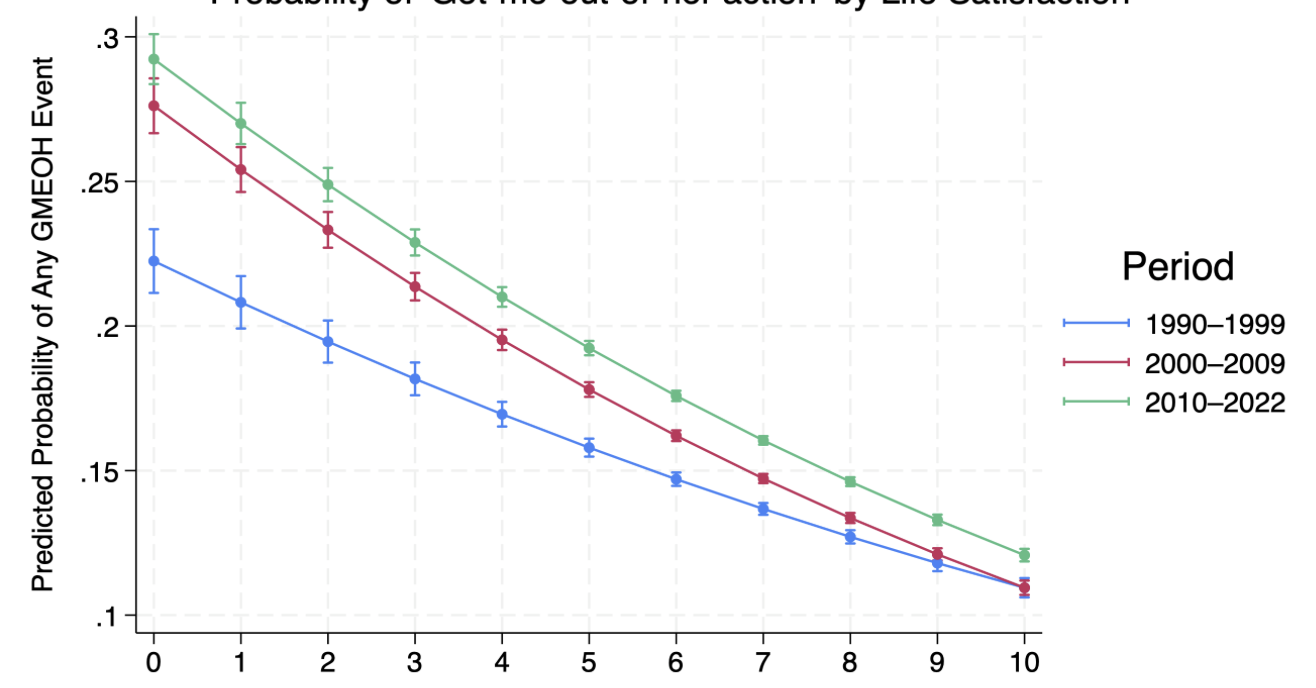TL;DR:
In 2024, the farmed animal advocacy movement in Africa continued to grow, securing eleven local cage-free commitments across multiple countries. Five organizations spearheaded this progress: Animal Welfare League, Southern African Faith Communities' Environment Institute, Education for Africa Animals Welfare, Vegan and Animal Rights Society, and Utunzi Animal Welfare Organisation. This marked a significant increase from previous years, with Tanzania, Uganda, and Kenya witnessing multiple commitments from local hotels, bakeries, and lodges to improve animal welfare standards for the first time.
Disclaimer: Thanks to Aurelia Adhiambo, OWA Africa Lead, for helpful input into this post. This post is a summary and commentary on cage-free wins in Africa in 2024. This post does not replace all the incredible work and impact groups in Africa achieved this year; read the organizations’ annual reports for more details. The information used in this post is available at chicken watch.
A decade ago, the farmed animal advocacy space in Africa was practically nonexistent, with most animal groups focusing on dogs, donkeys, and wild animal trafficking. However, the tide is changing for farmed animal welfare in Africa, as 2024 has seen more local cage-free wins than ever before.
Between 2016 and 2022, over fifteen organizations based in sub-Saharan Africa joined the Open Wing Alliance to address one of the most abusive practices in modern agriculture: cages. During this period, approximately seven combined cage-free commitments were secured, mostly from companies based in South Africa, according to public data on Chicken Watch. Animal Welfare League joined the Open Wing Alliance in 2022 and secured the only two cage-free commitments in Africa from hospitality companies outside of South Africa in 2023.
The progress in 2024 demonstrates significant momentum, with a total of eleven local cage-free commitments secured by five organizations: Animal Welfare League (AWL), Southern African Faith Communities’ Environment Institute (SAFCEI), Education for Africa Animals Welfare (EAAW), Vegan and Animal Rights Society (VARS), and Utunzi Animal Welfare Organisation. For the first time, countries like Tanzania, Uganda, and Kenya are witnessing local hotels, bakeries, and lodges committing to improving animal welfare.
In addition to corporate wins, the Animal Welfare League and Rwanda Animal Welfare Organisation (RAWO) made significant progress in engaging egg producers in Ghana and Rwanda. Animal Welfare League expanded its national cage-free network by 40% in 2024, adding agritech company Agro Innova, which previously reported moving 15 million eggs monthly, to the national cage-free directory in Ghana. RAWO secured a cage-free commitment from Abusol Limited, one of Rwanda’s leading poultry farming solutions companies.
In the realm of research, several organizations have conducted informative studies on animal welfare in Africa:
- Animal Law Reform South Africa (ALRSA): Released a supplementary report titled “Scrambling for the Truth: Corporate Hypocrisy and Non-Transparency Relating to Environmental and Consumer Rights in the Egg Industry in South Africa,” which included 13 actionable recommendations for various stakeholders to ensure accountability in the egg industry.
- Animal Welfare League (AWL): Commissioned two studies: “Economic Analysis of Poultry Production Systems: Cage-free vs Battery Cages” and “Assessing the Attitude of Ghanaians towards Farmed Chicken Welfare, Higher Welfare Egg-Labeling, and Willingness to Pay,” evaluating key questions on the economics and consumer awareness of animal welfare in chicken farming in Ghana.
- Animal Advocacy Africa (AAA): Published research on interventions for mitigating industrial animal agriculture in Africa, highlighting strategies such as policy advocacy, collaboration with farmers, public outreach, and the promotion of alternative proteins.
- Bryant Research: Conducted an analysis titled “Preventing Factory Farming in Africa: Strategic Considerations,” providing a roadmap for effective animal advocacy in Africa by offering a detailed analysis of the current landscape and trajectory of animal agriculture in Sub-Saharan Africa and outlining strategic advocacy recommendations.
Reflecting on 2024, we are encouraged by the progress in farmed animal advocacy across Africa, particularly in poultry farming. Looking ahead to 2025, we anticipate continued progress in West, East, and Southern Africa, where existing groups are actively addressing farmed animal issues. Notably, the upcoming AVA Summit Africa, scheduled for July 17-20, 2025, in Nairobi, Kenya, aims to gather over 200 advocates, researchers, and professionals from across the continent for immersive programming tailored to the region's unique challenges and opportunities.
Additionally, we look forward to increased activities in North and Central Africa, regions that have previously received less attention. Per the recent EA AWF payout report, the African Network for Animal Welfare (ANAW) is expected to conduct subregional cage-free workshops in North Africa, and the Animal Welfare League is looking to work with farmers in South Africa, Egypt, and Morocco. The journey ahead is promising, and we are eager to continue working alongside such a passionate and dedicated community to effect meaningful change for farmed animals across Africa.
PS: Daniel is currently the Director of the Animal Welfare League based in Ghana. Aurelia is the Open Wing Alliance Africa Lead.



Most of this progress is inspired by your incredible work ethic Aurelia. Thank for all you do for groups in Africa.